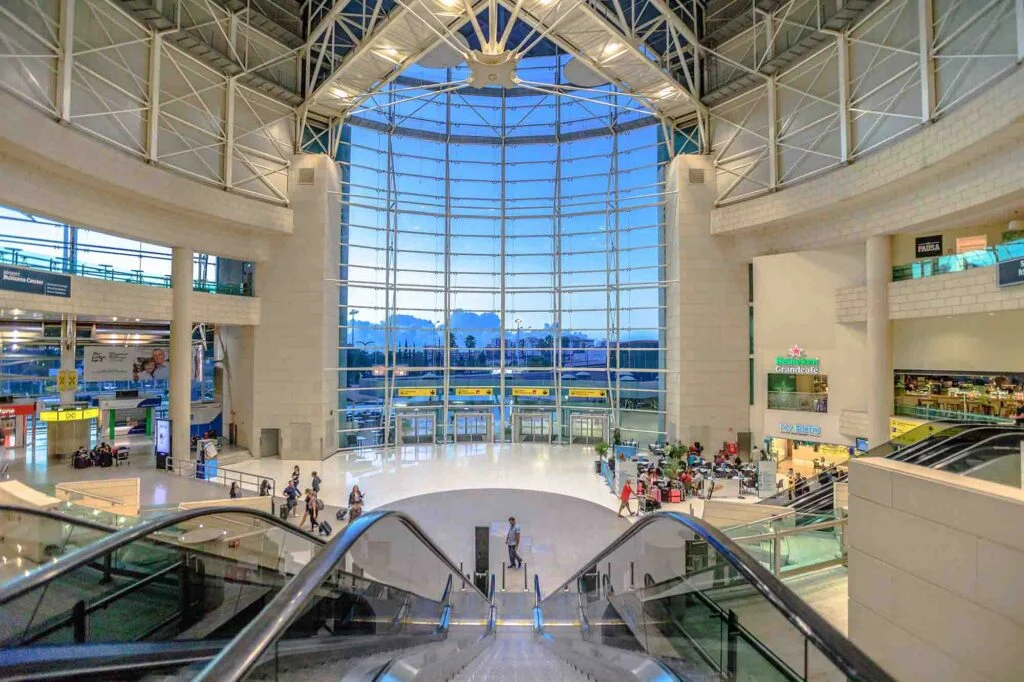The Portuguese government, signaling a major shift, announced plans to privatize over 51% of TAP Air Portugal.
Renowned European carriers like Air France-KLM, Lufthansa, and IAG (British Airways and Iberia) have shown keen interest.
Finance Minister Fernando Medina made this announcement post a cabinet meeting. The strategy includes offering up to 5% of TAP’s shares to its employees.
Medina aims to complete the deal by early 2024, yet the expected revenue remains undisclosed.
TAP plays a crucial role in Portugal’s strategic expansion.
It connects the country with its global diaspora, offering extensive routes to Brazil and connections to Madeira and the Azores.

Lufthansa, the German aviation giant, is considering acquiring a stake in TAP. They see a complementary partnership, especially for South American routes.
TAP’s journey hasn’t been smooth, facing challenges during the Covid-19 pandemic.
To stabilize, the Portuguese government re-nationalized it in 2020, injecting $3.37 billion and implementing a restructuring plan.
Portugal’s history with TAP’s ownership includes a 2015 attempt at privatization, selling 61% to Atlantic Gateway.
However, a change in government dynamics led to a partial reversal of this decision.
Portugal’s evolving approach to managing strategic assets
This privatization move reflects Portugal’s evolving approach to managing strategic assets.
It aims to enhance TAP’s competitiveness and efficiency in the international aviation market.
This balance between public ownership and private investment is critical in pivotal industries.
Globally, this aligns with trends in aviation where governments reduce stakes in national carriers to foster market efficiency.
Portugal’s method contrasts with some European nations’ state-dominated airline control.
These differing approaches offer insights into the effects of privatization on efficiency and service quality.
The re-nationalization during the pandemic highlights the balance needed between market and state roles.
In conclusion, privatizing TAP represents Portugal’s commitment to enhancing its aviation sector’s global standing.
This move could notably impact global aviation industry decisions, demonstrating the balance between market strategies and national interests.

